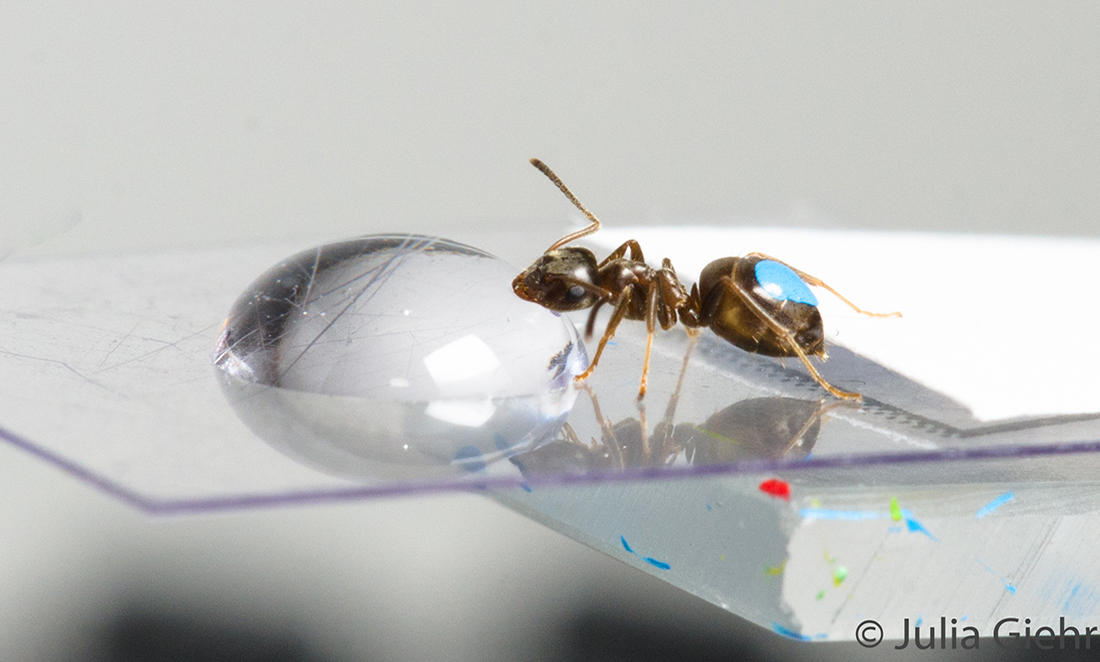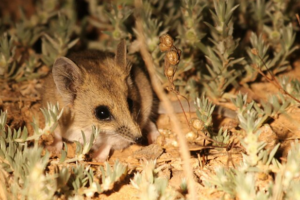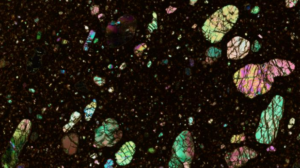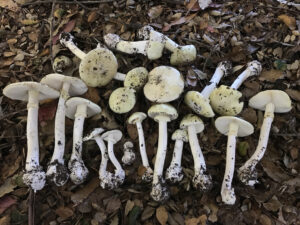We all know the feeling. Nothing tastes better than that little morsel of food you saved as a prize after completing a particularly hard task. Now a new study has found that ants, too, like a treat more when they had to work hard to get it. The study is another example of how ants are so much like humans. Recently, another study showed how ants were capable of showing self-control.
In the study, researchers led by Tomer Czaczkes at the University of Regensburg in Germany tested whether black garden ants had a knack for hard work.
Does hard work to get food make it taste better?
In their experiment, the ants had to go through either an easy stroll or a difficult hike, followed by a tasty sweet drink.
The big question in the mind of researchers was this: do ants like their sugary drink better when they had to work hard to get it?
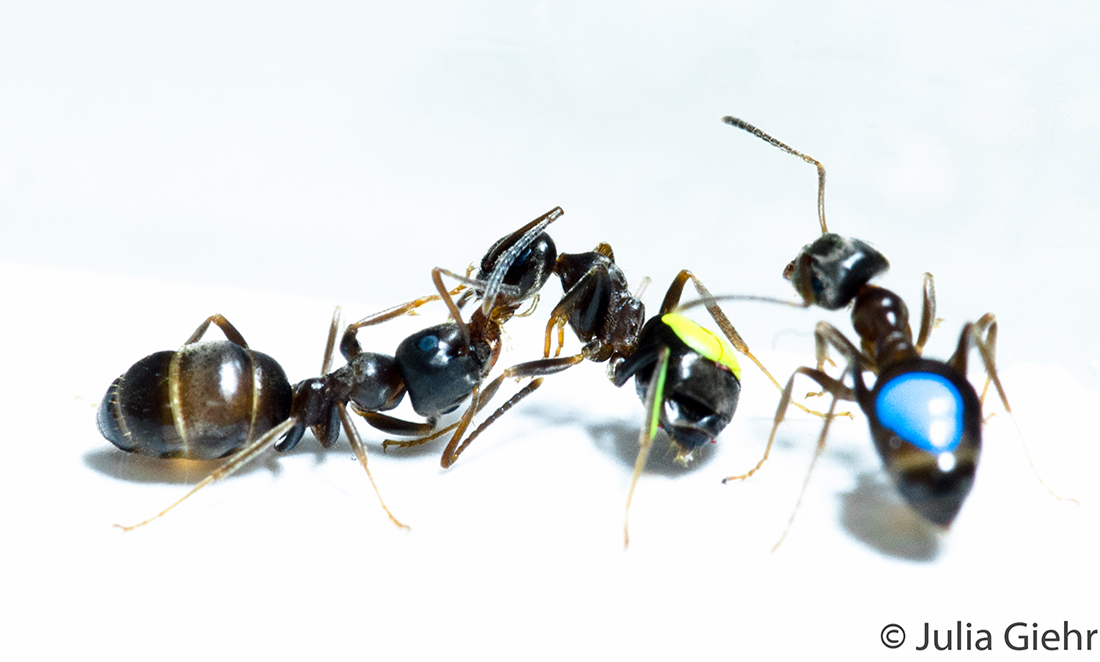
When the ants went for an easy stroll, they just had to walk through a horizontal path. At the end, they received a sweet lemon-flavoured syrup. For the hard hike, the ants had to walk up a vertical runway, and then they received a rosemary-flavoured syrup.
After making the ants go through these paths several times, researchers then made the ants choose between either a rosemary or lemon-scented path. Guess what? The ants chose the rosemary-scented path most of the time.
Researchers repeated the study with new ants, switching the syrup, placing the rosemary syrup at the end of the easy path and vice versa—just to ensure that their results didn’t simply mean the ants liked the taste of rosemary.
But no, it was not just about the rosemary. Their results were the same: the ants preferred whatever syrup they found after the hard hike.
“Just like for us, hard-earned rewards simply feel better!”
“It continues to surprise me how many similarities there are between ants and us, even in the way we think and feel,” says Tomer. “The ants seem to like whatever treat they had to work hard to get. Just like for us, hard-earned rewards simply feel better!”
But why does it taste better?
All in all, the behaviour reported for these little ants is pretty rare. Other animals like mammals and birds have been found to be rather pessimistic after going through a difficult task—even if they receive a nice treat after their ordeal, they don’t really appreciate it.
But ants seem to be different from most other animals. According to Tomer, it all boils down to how you feel before you get that tasty treat. “Imagine being exhausted after completing a difficult job and then getting a nice drink or food. It will taste much better than having that same treat after spending a day lazing around,” says Tomer.
These findings are a world first, at least in the invertebrate world. The study also provided a cool answer to a small mystery reported in a study last year. “Our findings also help explain why it is that ants tend to prefer the food at the end of an ascending path rather than a descending one. Why choose the hard path?” asks Tomer.
The answer is simple. Because ants are a bit like us and value a hard-earned meal.



